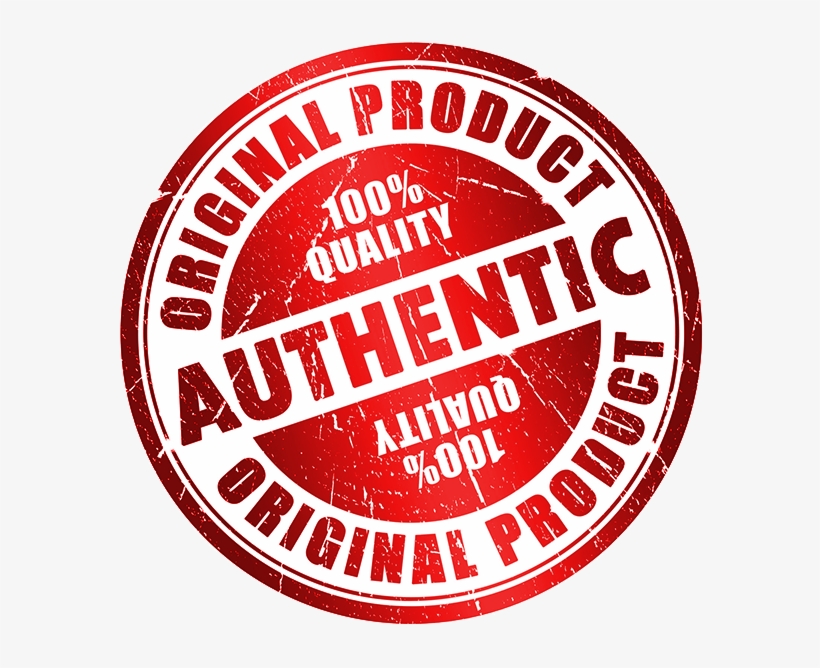10.4 Authentic Assessment

Assessment, within the context of experiential learning, should be authentic. Therefore, learning objectives should reflect the purpose of achieving competency for work in the real world. Boulos and Raffoul outline principles of authentic assessment as[8]:
- situated
- aligned with experiences
- uses multiple learning domains
- fosters meaningful learning
- promotes complex, creative, critical thinking
- is practical and meaningful
- is criterion-based
Campbell suggests that exams be customized in a way that connects knowledge, rather than listing facts, which require rote memorization[9]. One way to look at authentic assessment is through a prism of interdisciplinarity and focus on the connections of all the learning that happens. For example, the competencies required for nursing fall into both the technical and theoretical domains of learning, and all practical applications that can be used in the workforce. Another example would be a lawyer who needs to read about the law, but could benefit from situational and experiential learning in the complex and critical nature of a mock trial.
The integration of authentic assessment and experiential education is shown by Yates, Wilson, and Purton who state that authentic assessment was widely used within their research for experiential learning. Traditional methods, when applicable, were also used. In addition, differing pedagogical approaches led to differing assessment approaches, offering a diverse set of values toward learning[10]. The use of authentic assessment is the product of blending traditional forms that outline the clearest levels of learning for students, especially in higher education. The mix of classical and authentic assessment is the most beneficial for these students, given that post-secondary educational institutions seek to develop character, competence in the workforce, and purposefulness in society.
Authentic assessment also involves academic integrity. Academic integrity is the educator and the student’s commitment to moral behaviour in an academic setting, through teaching, learning, and assessing. Research would conclude that authentic assessment would be able to detect academic cheating, and the application of real-world experiences would ultimately produce a reduction in academic dishonesty[11] [12]. This would suggest that when learning is centred and aligned towards effective learning objectives that meet the educators’ and students’ needs, the apparent incentive for academic dishonesty would be reduced. Use the activity below to analyze, appraise, and construct your own ideas on authentic assessment.

